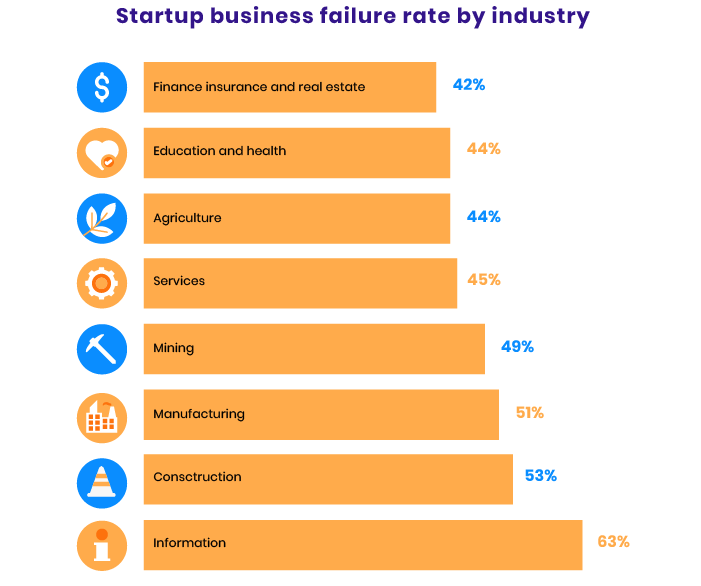There are many common reasons why startups fail. Many founders fail to realize that their products are not meeting market requirements. Though a successful product might only need a few tweaks to make it more marketable, a poorly designed product may need to be completely redesigned to meet the market’s needs. This is indicative of an inexperienced team, and also suggests that the team failed to test its ideas with real customers.
Table of Content
Lack of a clear plan
Startups fail for a number of reasons. One common reason is that they lack a clear plan. This is often a result of poor execution or weak leadership. Another common reason is that the company ran out of cash. If the startup is dependent on investors to fund the business until it is profitable, it must find new capital as soon as the initial capital runs out. It is important to understand the cash flow situation of the company before committing to a business plan.
Competition is expected at all stages of a startup’s lifecycle. While it is great for customers, competition can make it harder for startups to survive. The products of competitors may have great technology, but if they don’t solve customers’ pain points, the business won’t be successful. The best startups focus on solving a pressing need or simplifying life. Successful business ventures are built on planning and preparation. Too many startup founders overestimate the demand for their product and launch it before they are sure of its viability. Without these steps, they end up struggling to retain customers and acquire new ones.
Lack of a dynamic business model
A startup must have a business model to survive and grow. Many startups fail because they scale too quickly or don’t have a robust business model. When establishing a business, a company’s user base and product quality should come first. If both factors are high, a startup can survive and grow in an industry with fierce competition. The startup Anki, for example, failed due to its poor financial management.
Another common reason for startup failure is lack of product-market fit. Many startups spend years developing a perfect product only to find that there is no market for it. Startups fail for many reasons, including lack of funding, lack of traction in the market, and expensive legal challenges. These factors make early-stage startups extremely vulnerable to failure. This article aims to address the causes and consequences of startup failure and highlight how entrepreneurs can avoid making these common mistakes.
Lack of market need
The most obvious reason startups fail is a lack of market need. Often, the founders of startups have developed a solution for a problem they were facing, but haven’t taken into account the needs of others. A better product could already exist, or the world may not have a need for their idea. A startup can fail because it’s marketing its product to people who don’t care about it.
When you’re a first-time CEO, you need to be sensitive to your company’s financial situation. You may have been holding back on spending, but you’ll need to start spending aggressively ahead of revenue. That means hiring multiple salespeople per month, spending substantial sums on SEM, and so forth. Without market need, a startup may never survive. The key is to build a product that meets the actual needs of customers.
Incompetence of management team
Many startup failures are due to incompetent management, with one out of five founders being inexperienced in the field. Management incompetence can result in low profits, lax cost controls, and high staff turnover. Lack of leadership also affects morale. Ineffective management leads to low staff morale, which increases staff turnover and reduces productivity and profitability. A company that lacks good management will have a difficult time attracting qualified candidates.
Ineffective management also impacts the bottom line. An incompetent management team often confuses an accidental business success with strategic brilliance. Inexperienced managers may over-order inventory based on an optimistic sales forecast, only to liquidate the excess at below-market value. Ineffective management can lead to poor product quality, service interruptions, and increased consumer complaints. Even an otherwise competent management team can lead a business to collapse if they fail to keep their promises.
